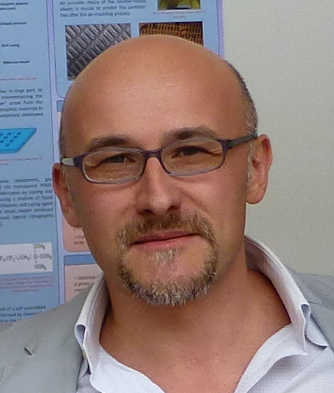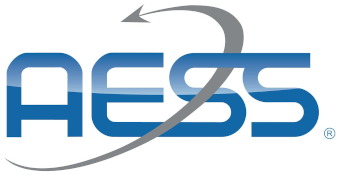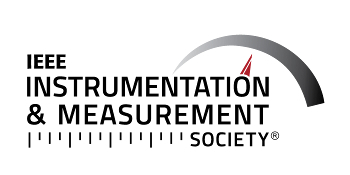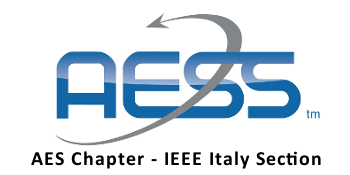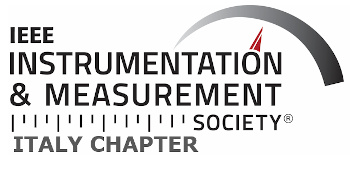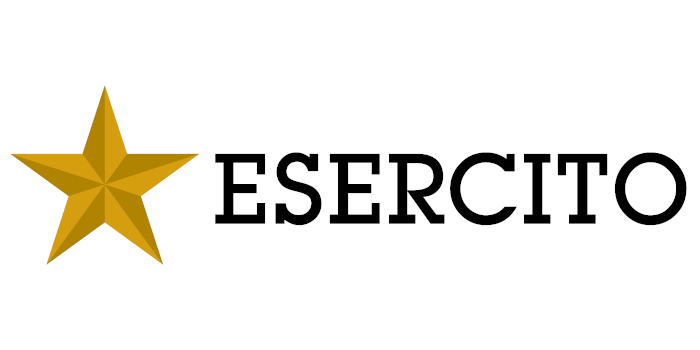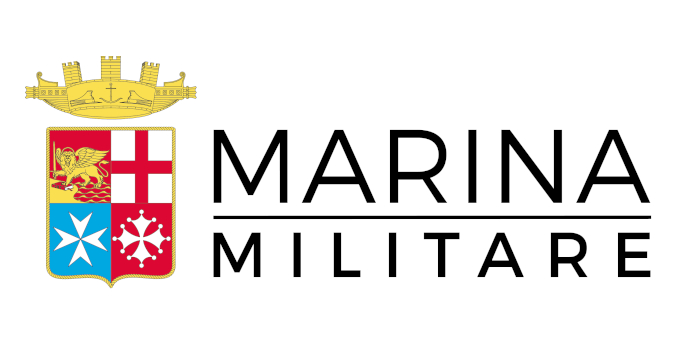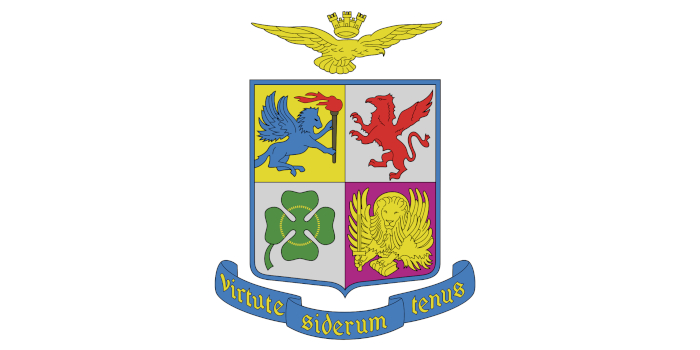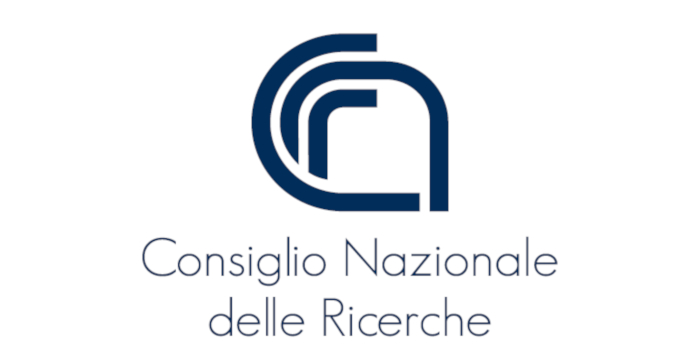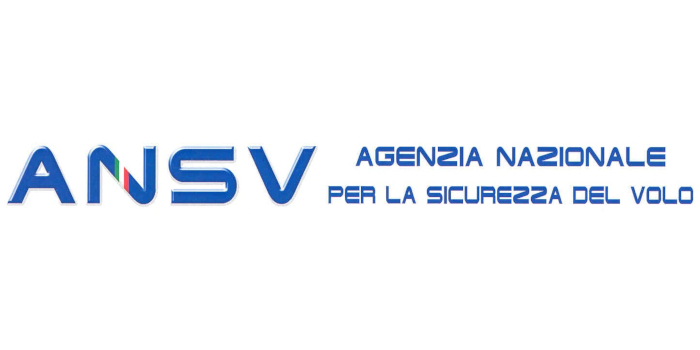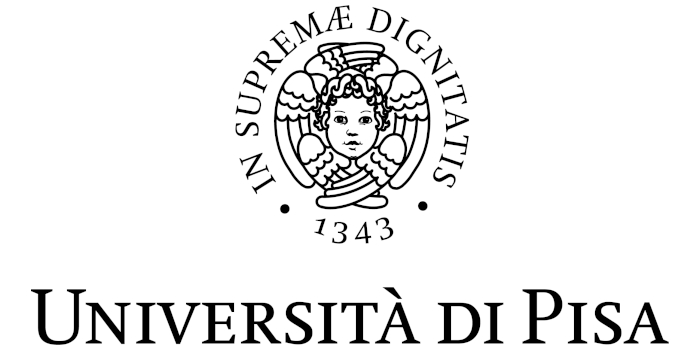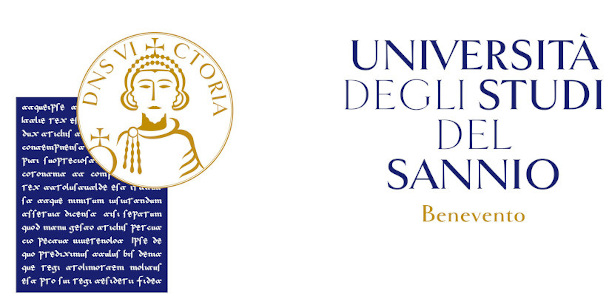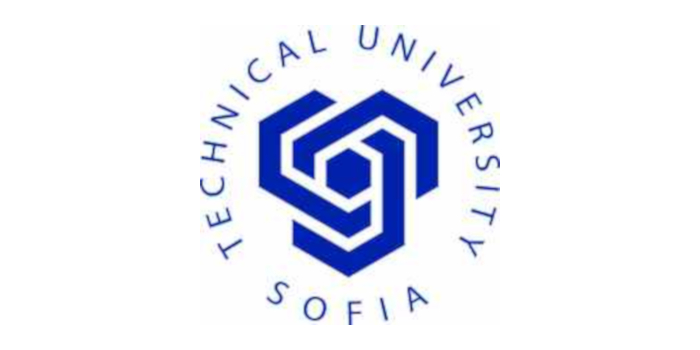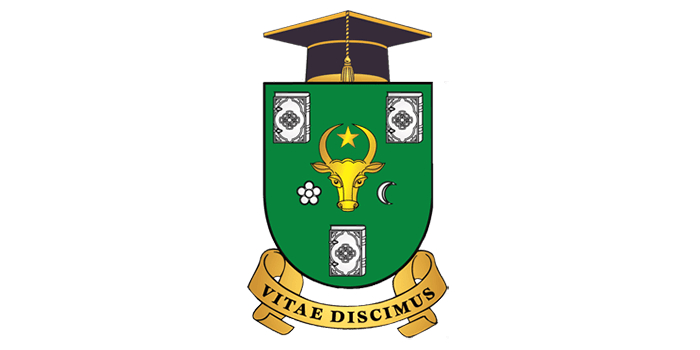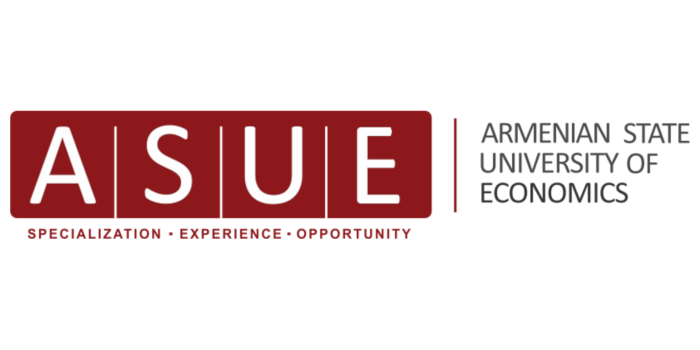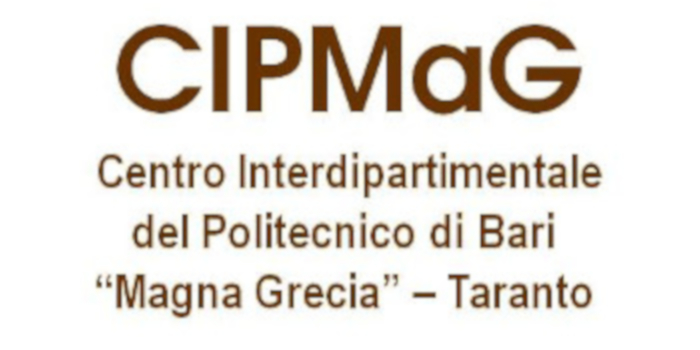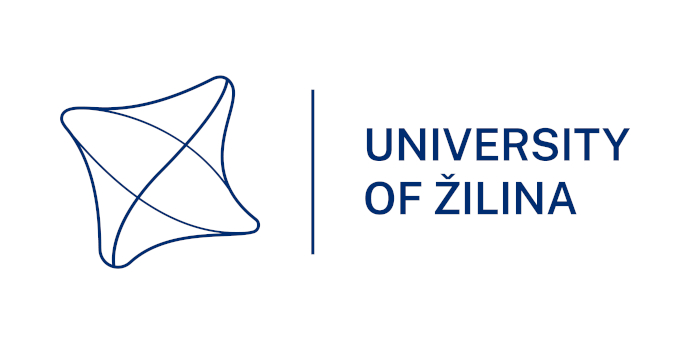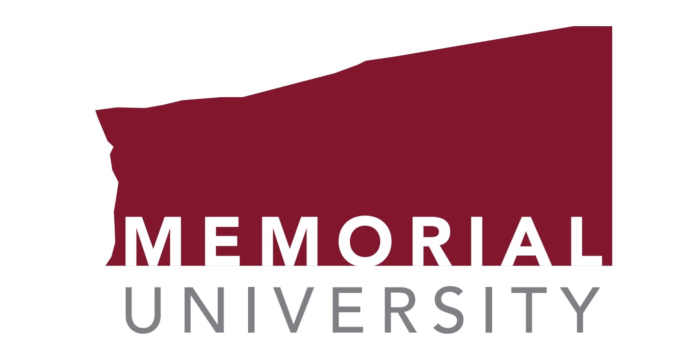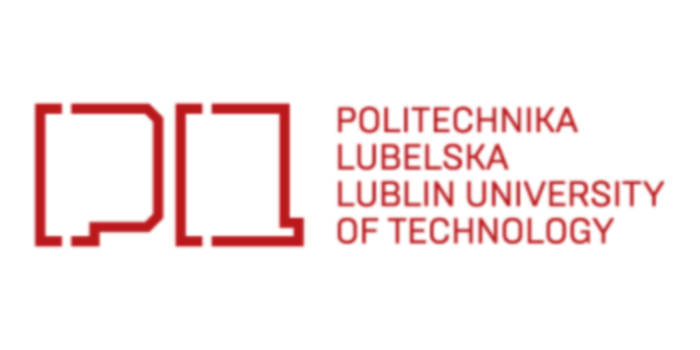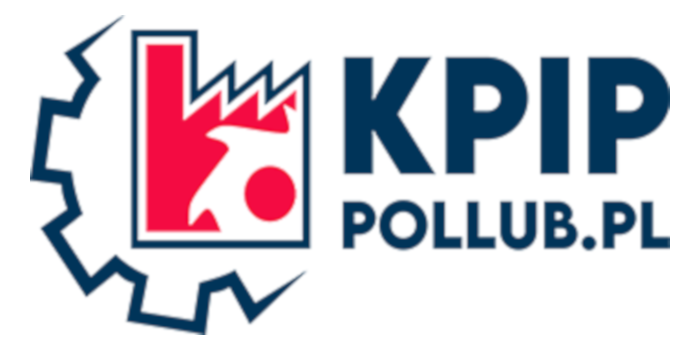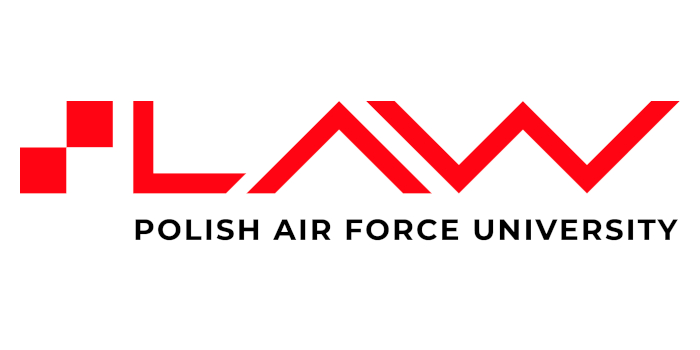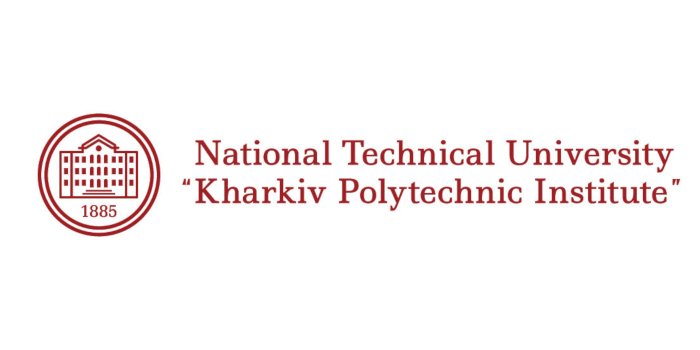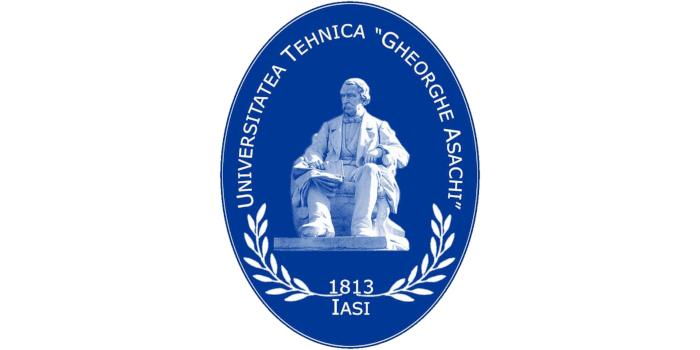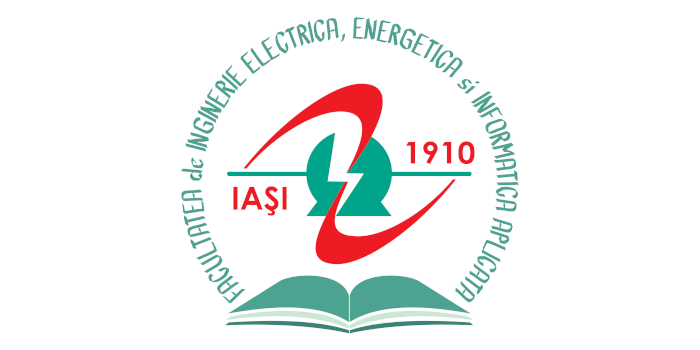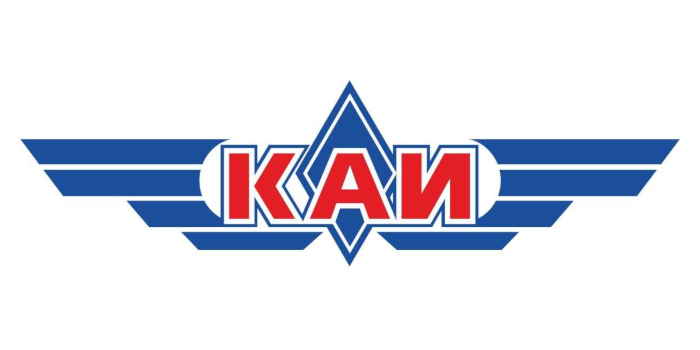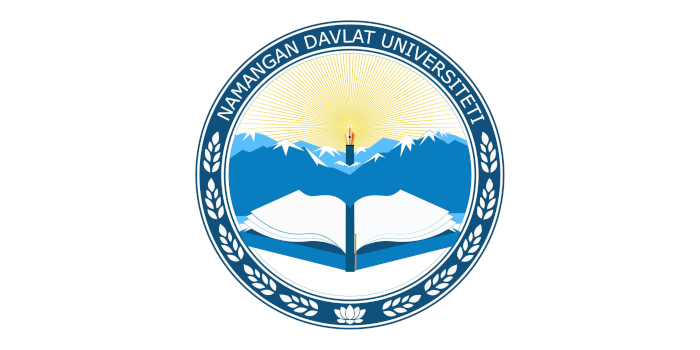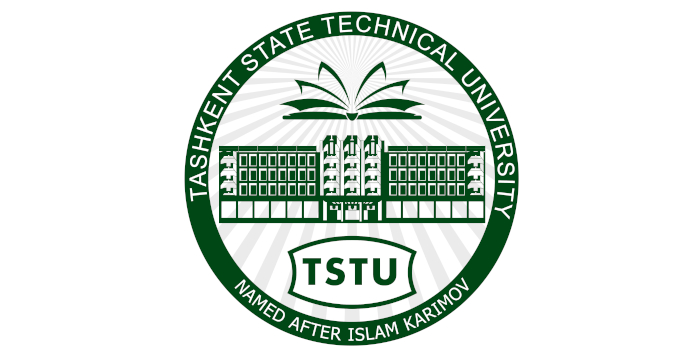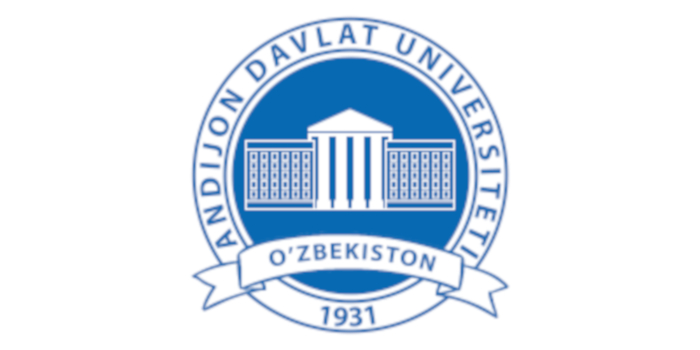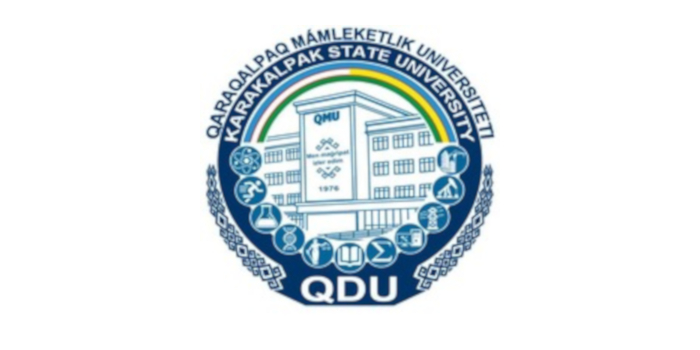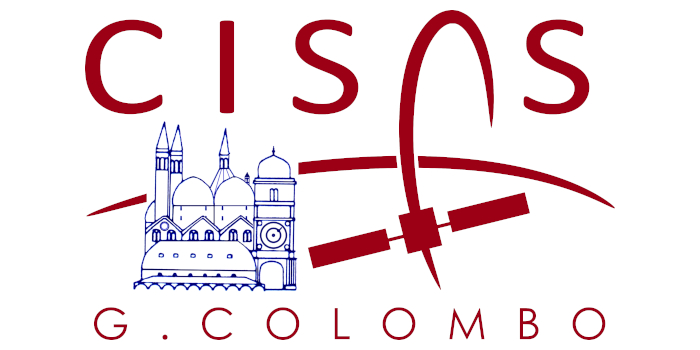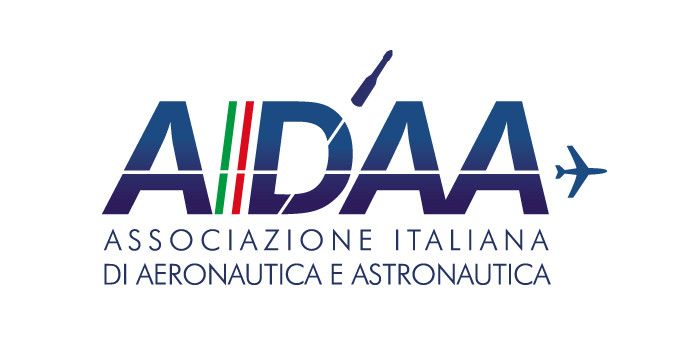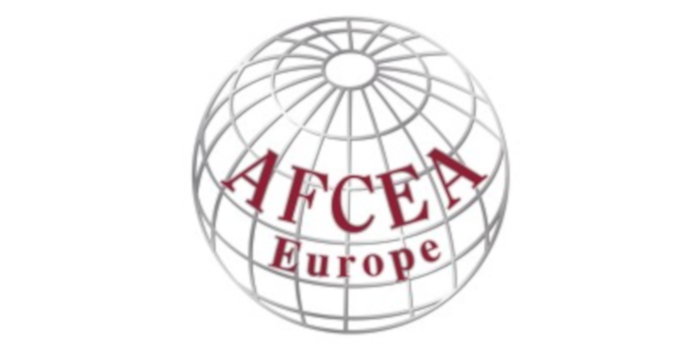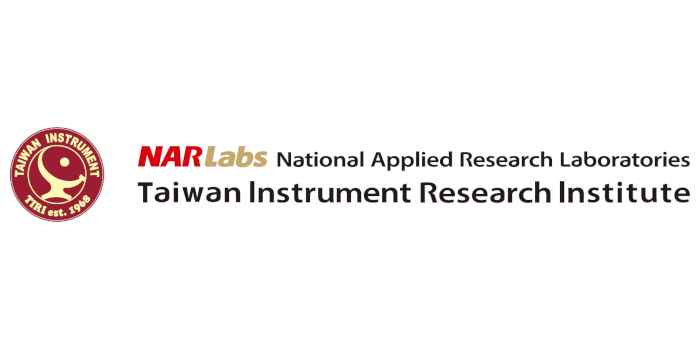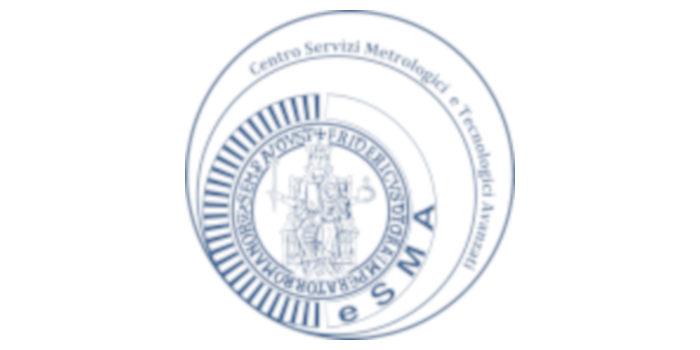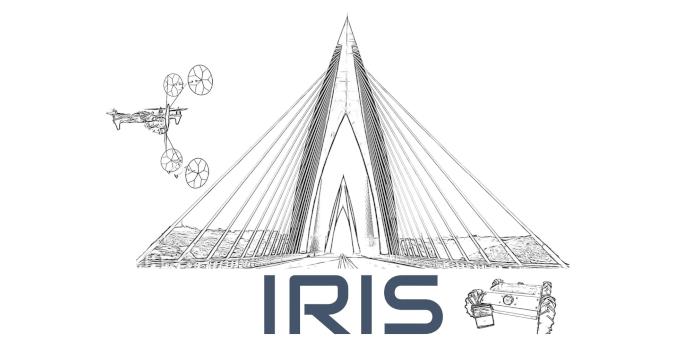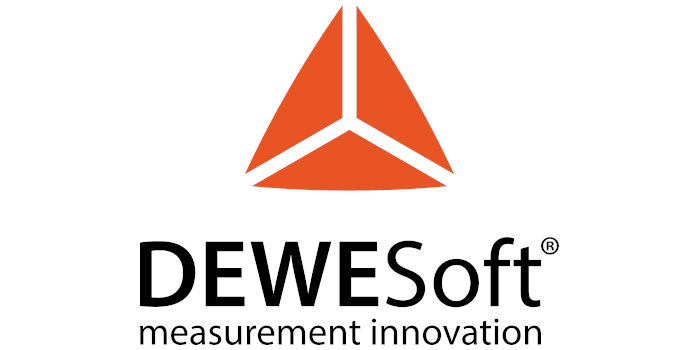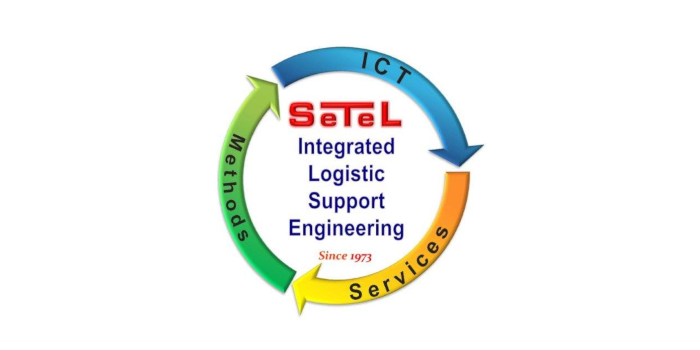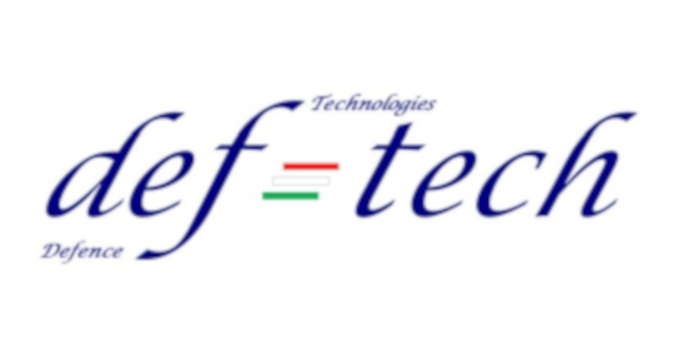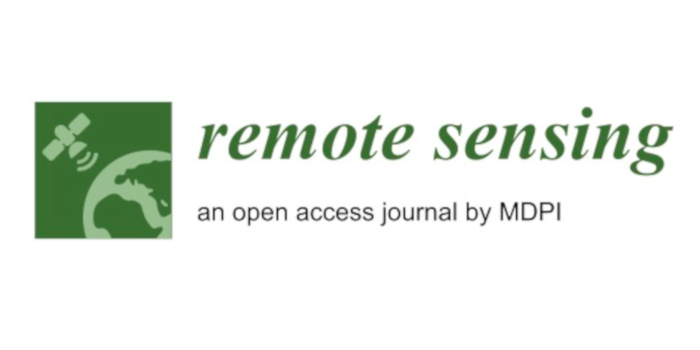Advances on Multimodal Imaging based Intelligent systems in Aerospace metrology
ORGANIZED BY
Vito Pagliarulo
CNR-ISASI
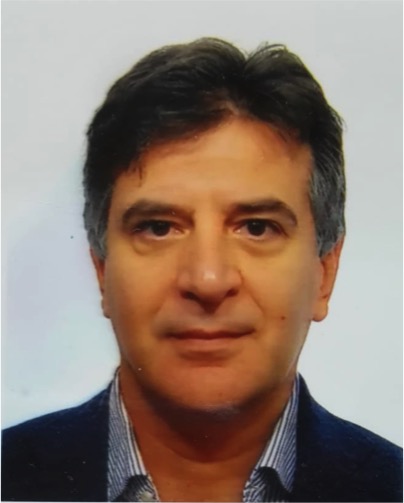
Pietro Ferraro
CNR-ISASI
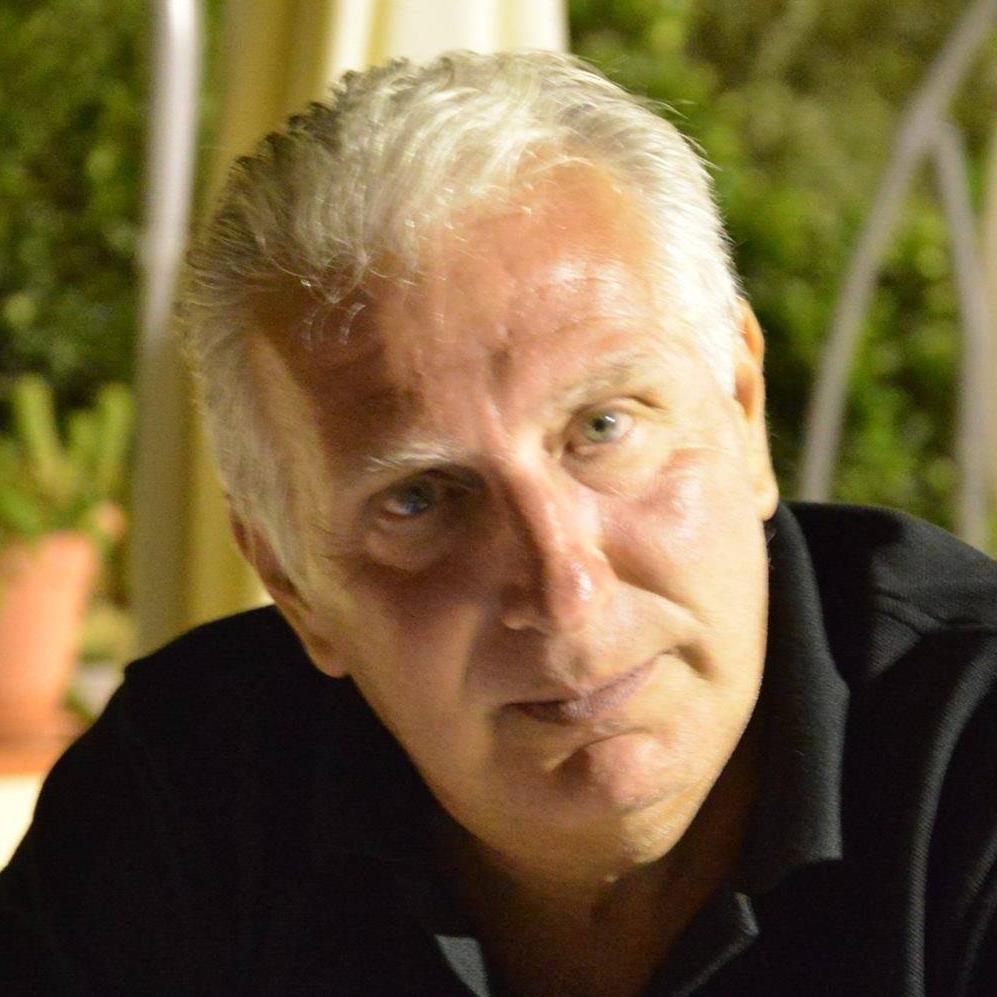
Ettore Stella
CNR-STIIMA
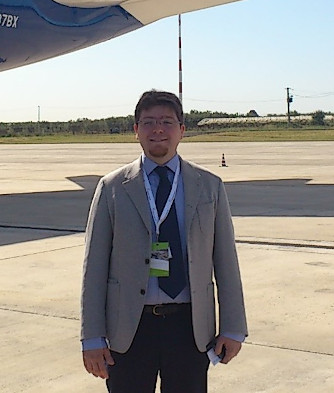
Nicola Gallo
Leonardo S.p.a.
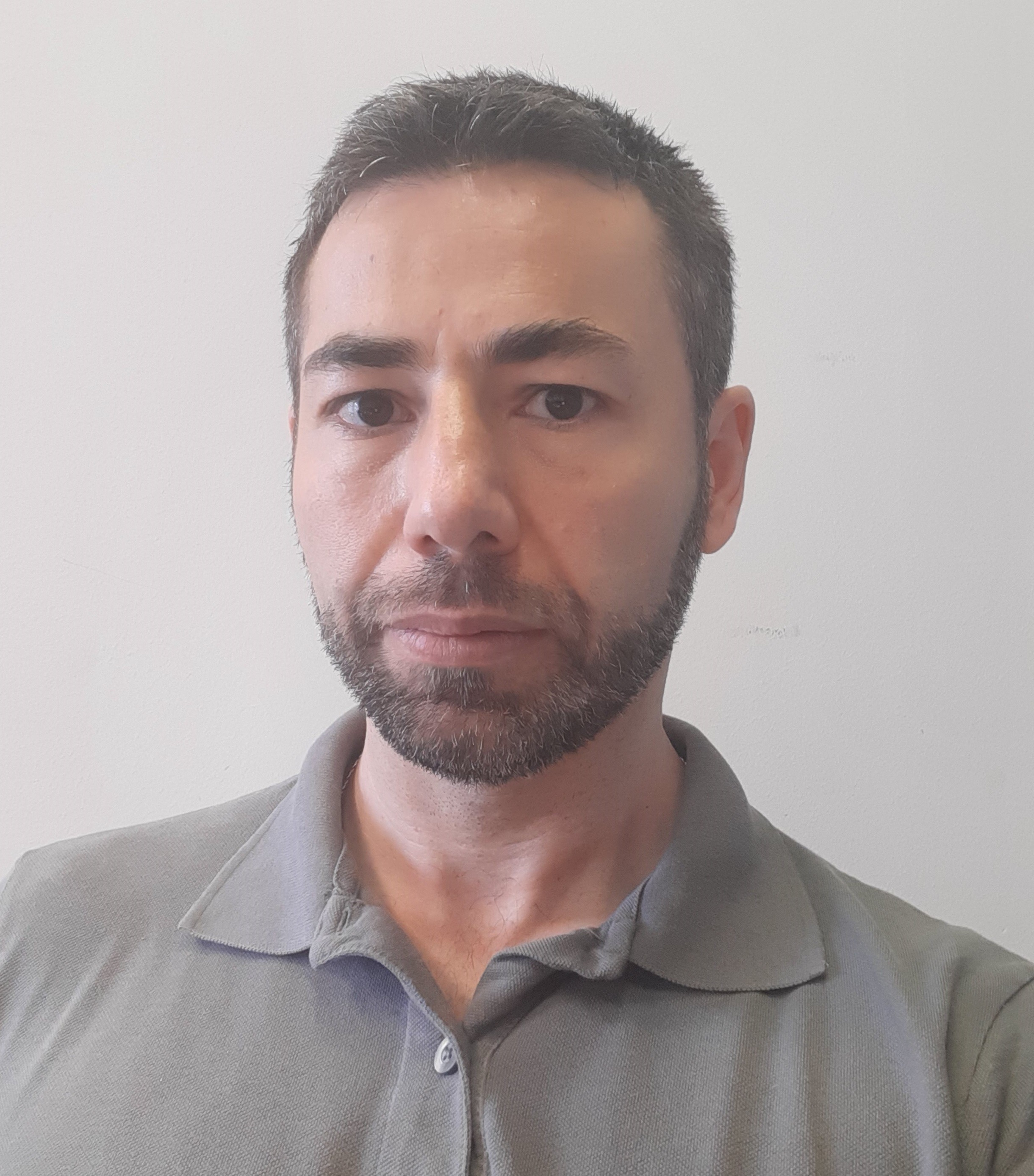
Massimo Rippa
CNR-ISASI
ABSTRACT
The session goal is to provide a unique forum for multi-modal image analysis and processing topics. Multi-modal imaging refers to systems able to acquire multiple 2D or 3D information about real scenes, with different sensing modality (ex: 3D point cloud, visible and infrared images, thermal images, hyperspectral sensing, and so on). Researchers, developers and practitioners are encouraged to present the latest advance on modeling methodologies ranging from sensing technologies to applications. The session is focused on both: a) the metric performance of sensors and algorithms for producing the most accurate and reliable geometric measurements and models; and b) applications in different fields with a specific emphasis on exploiting Artificial Intelligence methodologies.
The session is centered on topics related to multimodal imaging systems (calibration, performance, accuracy, etc.) and their application in Aerospace for object recognition, motion estimation, 3D reconstruction, autonomous mobile robot navigation, quality control, assembly in manufacturing, security, environment monitoring,
The sensing technology, with a specific reference to multimodal imaging, is producing a plethora of high performance sensors enabling to approach both new application contexts and revisiting consolidated applications.
TOPICS
We invite submission of original research contributions, as well as demonstrations of successful applications in the Aerospace field in particular following technical areas:
- 3D passive sensors;
- 3D active sensors;
- Hyperspectral imaging;
- Light-field 3D sensing;
- Full-field methods for inspection.
MULTI-MODAL SENSING: TECHNOLOGY
- Calibration;
- Image and range based modelling;
- 3D passive Reconstruction;
- 3D active reconstruction;
- Motion analysis;
- Real-time processing technology;
- Expert system for detection and diagnosis of defects.
MULTI-MODAL SENSING: PROCESSING
- Object recognition;
- Scene interpretation;
- Autonomous robot navigation;
- Surveillance;
- Environmental monitoring;
- Surface quality control;
- Industrial Inspection;
- Automation for material testing;
- Development compact systems for in-situ inspection;
- Innovative systems for imaging and display systems.
MULTI-MODAL SENSING: APPLICATIONS
ABOUT THE ORGANIZERS
Vito Pagliarulo received the Degree in Electronic Engineering and the Ph.D. in industrial engineering at the University of Naples “Federico II”. He is currently a permanent researcher at Institute of Applied Science and Intelligent Systems, National Council of Research, Pozzuoli, Italy. He has published more than 70 papers in peer-review journals. Since 2012 he is involved in the development and application of non-destructive testing techniques and advanced sensors, and he is the manager of NDT lab. In particular NDT techniques are based on interferometry such as ESPI and Shearography for testing and validation of advanced composite materials, hybrid structures and inspection of panels and aeronautical components. The professional experience of Vito Pagliarulo in aerospace field includes superconducting photodetectors for photons counting and holographic optical elements as solar concentrators.
Pietro Ferraro is Research Director at Institute of Applied Science and Intelligent Systems, National Council of Research (CNR-ISASI), Pozzuoli, Italy. He is now pursuing his interests in 3D imaging for applications in non destructive testing in aerospace, biomedical field, fiber sensors, nanofluidics, and optofluidics. He has published about 300 papers in peer-review journals and has been an invited speaker in several international conferences. He is a co-editor of two books: Micro-/ Nanoengineering and Characterization of Ferroelectric Crystals for Photonic Applications (New York, NY, USA: Springer-Verlag, 2008) and Coherent Light Microscopy(New York, NY, USA: Springer-Verlag, 2011). Dr. Ferraro is a Fellow of the International Society for Optics and Photonics (SPIE) and the Optical Society of America (OSA). He is the Topical Editor of Biomedical Optics Express, member of the Editorial Board of the Optics and Lasers in Engineering Journal, member of the Editorial Board of the Measurement & Science Technology Journal.
Ettore Stella since 1987 he was researcher at CNR at the “Centro di Geodesia Spaziale of Italian Space Agency at Matera (Italy). Since 1990 he was researcher at Signal and Image Processing Institute in Bari. Since 2001 he was Senior Researcher at Institute on Intelligent System for Automation (ISSIA) of CNR in Bari and since 2010 he became Research Director at ISSIA-CNR. Since 2004 until 2009 he was contract professor at University of Basilicata for the TLC engineering faculty. Now, he is the coordinator of research group at STIIMA-CNR called “Visual and Computational Intelligence” whose aim is to study and to realize Hardware/Software intelligent agent able to support decision making in different application fields such as: manufacturing, railway infrastructure monitoring, aerospace, autonomous robotics. The objective is for interpreting, mainly, visual data (image) or 3D point clouds by machine learning methods in order to realize autonomous decision making systems. So, the professional experience of Ettore Stella, are on computer vision, robotics, industrial automation and high-perfomance computing. He is co-author more than 150 papers on international journals, on book chapter, and on proceeding of international conferences. He was co-author of international patents. He was supervisor of several degree and Phd thesis at University of Bari (Computer Science), at University of Basilicata (TLC engineering), Polytechnic of Bari (Automation Eng., Electronic Eng., TLC Eng.,), at University of Salento (Automation Eng.).
Nicola Gallo works for Leonardo S.p.A. Aerostructures Division as R&D Lead Engineer in R&D Department. He works in aerospace sector since 2006 participating at Boeing 787 start-up and many other civil and military aircraft programs. He as an extensive experience on composite and metal airplanes structures and related manufacturing processes. He is also an editor of the Division's technological development plan and cooperates with strategy department and “new initiatives” department to develop technology and product roadmaps. In the last years he has taken part to many research projects in cooperation with Universities and Research Centers and in particular he is Technical project manager of project SAIA (Strutture Assemblate Innovative Aeronautiche), FUPICO (Fusoliera e Piani di Coda), ISAF (Integrated Smart Assembly Factory) and LAMPO (Leonardo Automated Manufacturing Process for Composites).
Massimo Rippa graduated in Physics cum Laude, in 2004, at the University of Naples “Federico II”. In December 2009 he received his Ph.D in the International course “Novel Technology for Materials, Sensor and Imaging” from the Science Faculty of the University of Naples “Federico II” with a thesis entitled “Monitoring of laser - biological tissue interaction on plane angioma by functional infrared imaging“. He is currently a permanent researcher at Institute of Applied Science and Intelligent Systems “E. Caianiello” (ISASI), National Council of Research (CNR), Pozzuoli, Italy. He has been involved in several national and International projects including bilateral projects of cooperation between the CNR, the Chinese Academy of Science (CAS) and the Chinese Academy of Agricultural Science (CAAS). His current research focuses on Photonics with particular regard to plasmonic nanostructures for sensing applications and Infrared Imaging for applications in agriculture, in the cultural heritage fields and for non-destructive testing. He is author/co-author of 70 scientific papers published on International journals, 3 patents and one monographic publication. MR is currently coordinator of the research activities developed in the Thermography and infrared imaging laboratory of the ISASI CNR institute.


